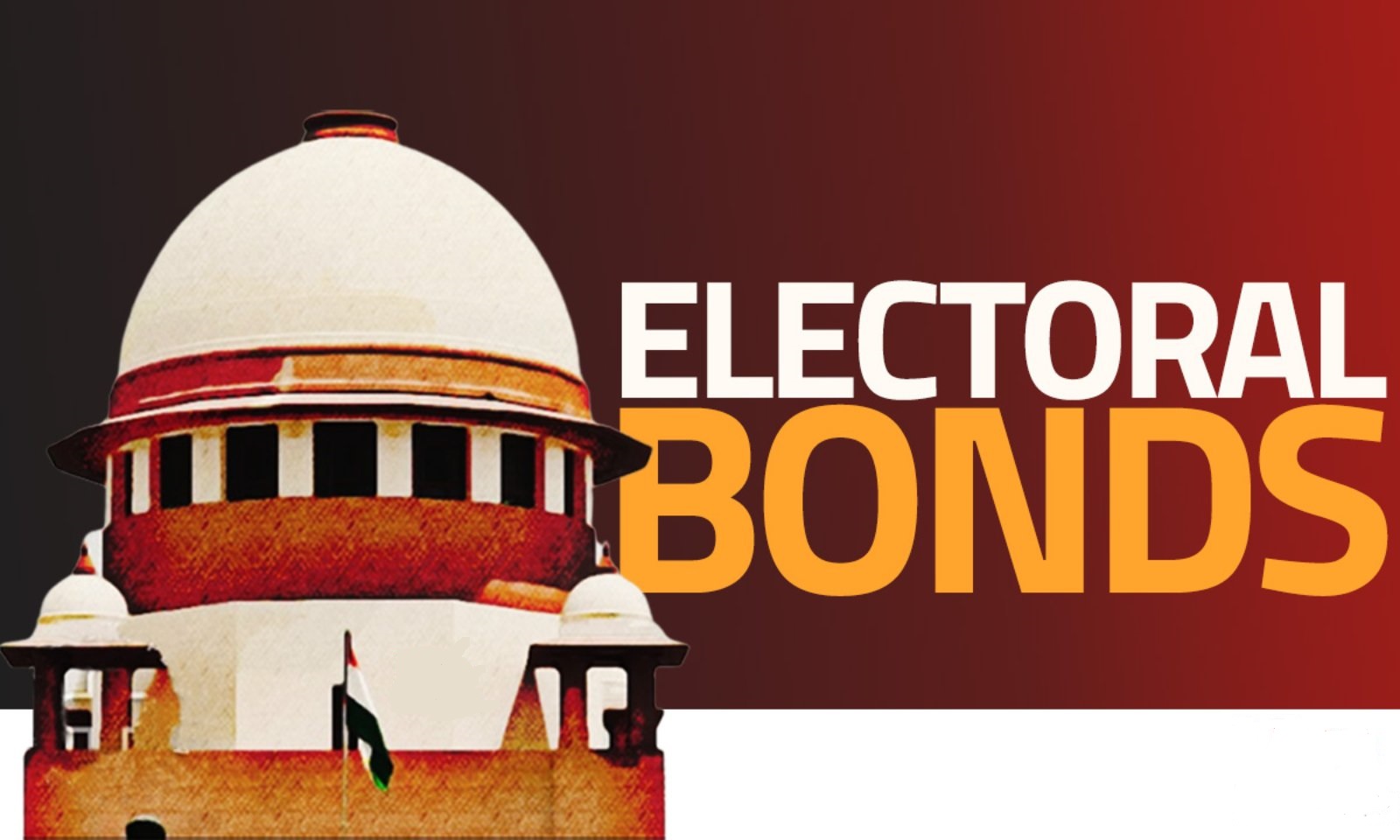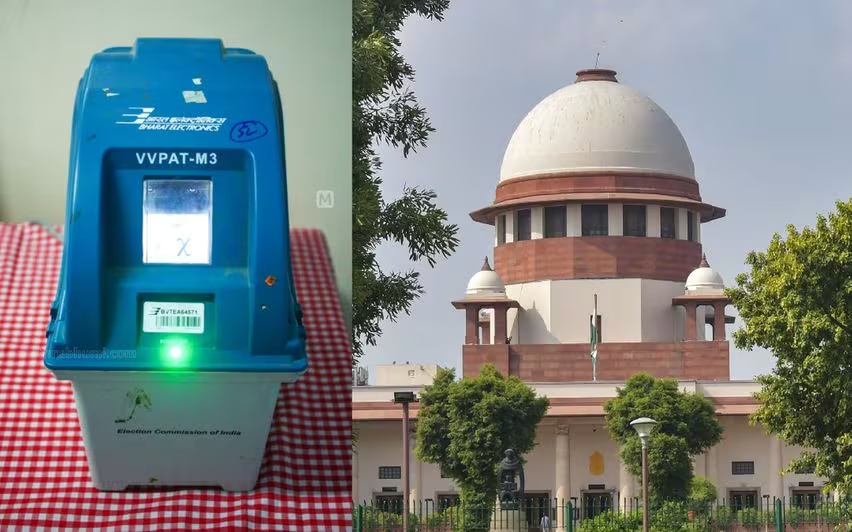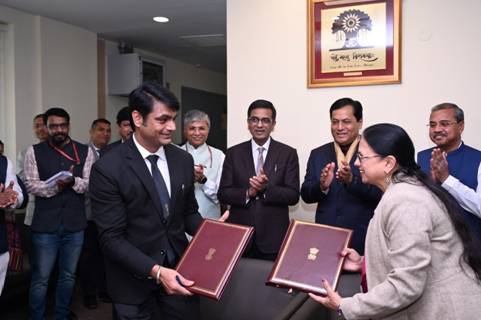This verdict marks a watershed moment in Indian democracy, dismantling a system that shrouded political funding in secrecy and fueled concerns about undue influence
 KRC TIMES National Bureau
KRC TIMES National Bureau

In a landmark judgement, the Supreme Court has struck down the Government’s Electoral Bond Scheme, terming it “unconstitutional” and a violation of the fundamental right to information. This verdict marks a watershed moment in Indian democracy, dismantling a system that shrouded political funding in secrecy and fueled concerns about undue influence. The Electoral Bond Scheme, introduced in 2018, promised to curb black money in political funding by allowing anonymous donations through bearer bonds purchased from specified banks. However, the scheme quickly came under fire from critics who argued it did the opposite, providing a convenient channel for corporations and individuals to funnel undisclosed funds to political parties, thereby compromising transparency and accountability. The Supreme Court, in its unanimous verdict, echoed these concerns. The five-judge bench, headed by the Chief Justice, held that the anonymous donations through electoral bonds violated the Right to Information, a fundamental pillar of a free and fair democracy. The court further rejected the Government’s claim that the scheme aimed to curb black money, observing that it lacked sufficient safeguards and instead facilitated its entry into the electoral system.
The verdict has far-reaching implications for Indian democracy, especially when Parliamentary elections are around the corner. It restores transparency to political funding, allowing voters to make informed choices about their representatives. Furthermore, the verdict strengthens the principle of accountability, encouraging political parties to be more transparent about their sources of funding and potentially reducing the scope for quid pro quo arrangements.
The court’s decision to order the disclosure of crucial information regarding electoral bonds, including the names of purchasers, the value of bonds, and their recipients, is a significant step towards restoring transparency and accountability in political funding. By mandating the State Bank of India to submit detailed data on electoral bond transactions to the Election Commission and subsequently making this information accessible to the public, the court has upheld the principles of open governance and democratic accountability. While confidentiality may be important in certain contexts, it cannot supersede the imperative of transparency in matters as crucial as political funding. The court stressed the need to uphold the public’s right to know, which outweighs the interests of anonymity in this case, as political contributions have far-reaching implications for the functioning of democracy. Critics of the electoral bond scheme have long argued that it provides an unfair advantage to ruling parties and facilitates the unchecked influence of corporate interests in politics. There are concerns that the scheme undermines the principles of equality and fairness in elections.
The historic verdict has been delivered; however, the journey towards a truly transparent and accountable electoral system is far from over. The Supreme Court has directed the Government to explore alternative methods for regulating political funding that balance transparency with the legitimate interests of donors. This calls for a comprehensive, bipartisan effort to enact robust electoral finance reforms that uphold democratic principles and ensure a level playing field for all participants. Several key concerns need to be addressed in this endeavour. Firstly, the definition of “political party” under the Representation of the People Act must be broadened to encompass not only registered parties but also unregistered political entities that influence elections. Secondly, the cap on corporate donations needs to be reviewed and potentially lowered to prevent undue influence from large corporations. Additionally, the Election Commission of India must be empowered with greater investigative and enforcement powers to ensure compliance with electoral finance regulations.
The verdict is only the first step. This landmark judgement can be a building block for enacting comprehensive electoral finance reforms for a more transparent, accountable, and inclusive democracy where the power truly rests with the people.
Promotional | NE India Writing Star Contest







